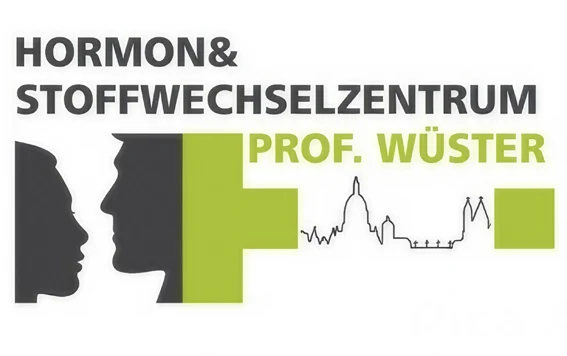Endocrinologist (Mainz/Rhein-Main) on hyperthyroidism
Causes, symptoms and therapy: when the thyroid produces too many hormones
In the case of hyperthyroidism, the thyroid gland produces too many hormones. These are the vital hormones thyroxine and triiodothyronine. But what causes the butterfly-shaped organ below the larynx to malfunction?
The thyroid gland produces the hormones thyroxine and triiodothyronine (T4, T3) from protein and iodine
The thyroid gland produces the thyroid hormones thyroxine (T4) and triiodothyronine (T3) from protein and iodine. The hormones are released directly into the blood. The task of the pituitary gland (hypophysis) is to produce the hormone TSH, which regulates the release of the thyroid hormones T4 and T3.
Hormone TSH of the pituitary gland (hypophysis) regulates the release of thyroid hormones
Thyroid hormones have a variety of tasks in the entire organism. Thyroid hormones influence our metabolism, circulation and growth. An iodine deficiency, for example, can be the cause of hyperthyroidism. An enlarged thyroid gland can then often be recognised as a swelling in the neck area. Autoimmune diseases or inflammation can also cause hyperthyroidism.
Iodine deficiency can be the cause of hyperthyroidism
Indications of an overactive thyroid include weight loss despite adequate food intake, a rapid pulse, trembling, restlessness, mood swings and nervousness, diarrhoea or excessive sweating.
Cycle disorders can occur in women as symptoms of hyperthyroidism. In general, the consequences manifest themselves very individually.
Hyperthyroidism manifests itself individually
This malfunction must be treated with appropriate therapy. This is the only way to rebalance the body’s regulatory system. Constant exposure to hyperthyroidism can lead to a considerable strain on the human organism with life-threatening complications in the entire area of metabolism.
Treating hyperthyroidism with so-called thyroid inhibitors
Excessive production of thyroid hormones can be reduced with thyroid inhibitors, known as thyrostatic drugs.
Note: This article only contains general information and must not be used for self-diagnosis or self-treatment. Under no circumstances can this article replace a visit to the doctor.
Picture: © Henrie/Fotolia

